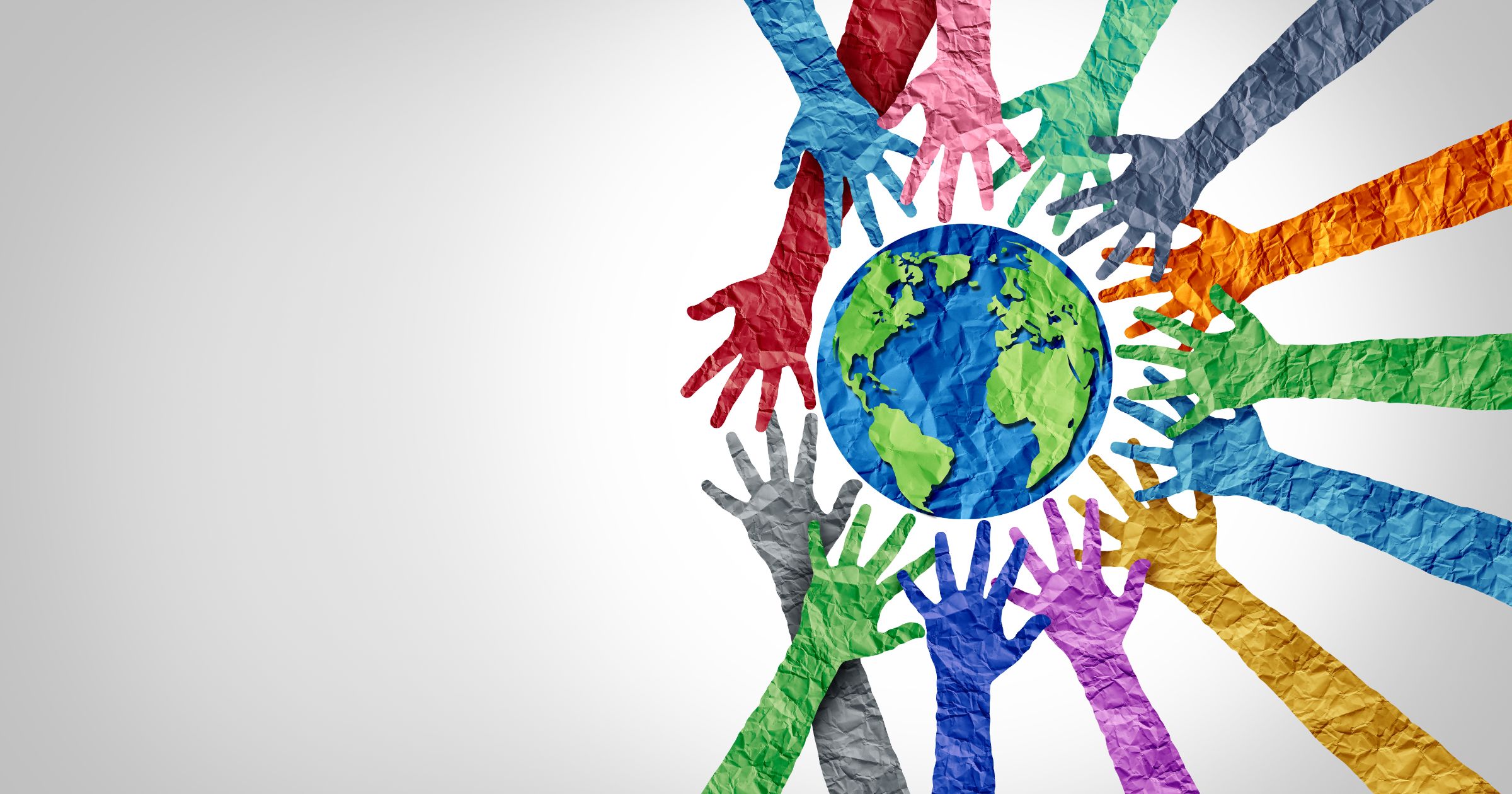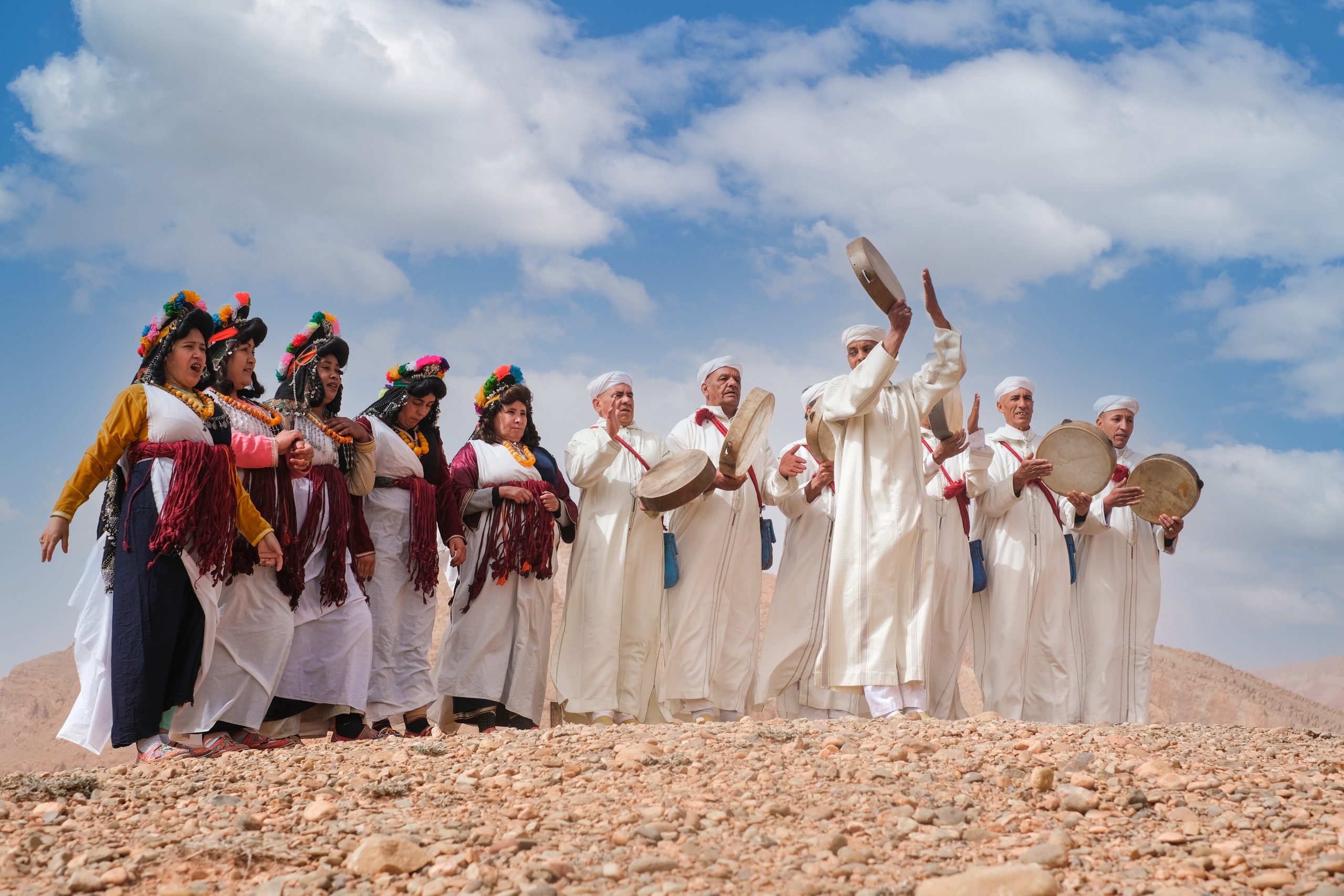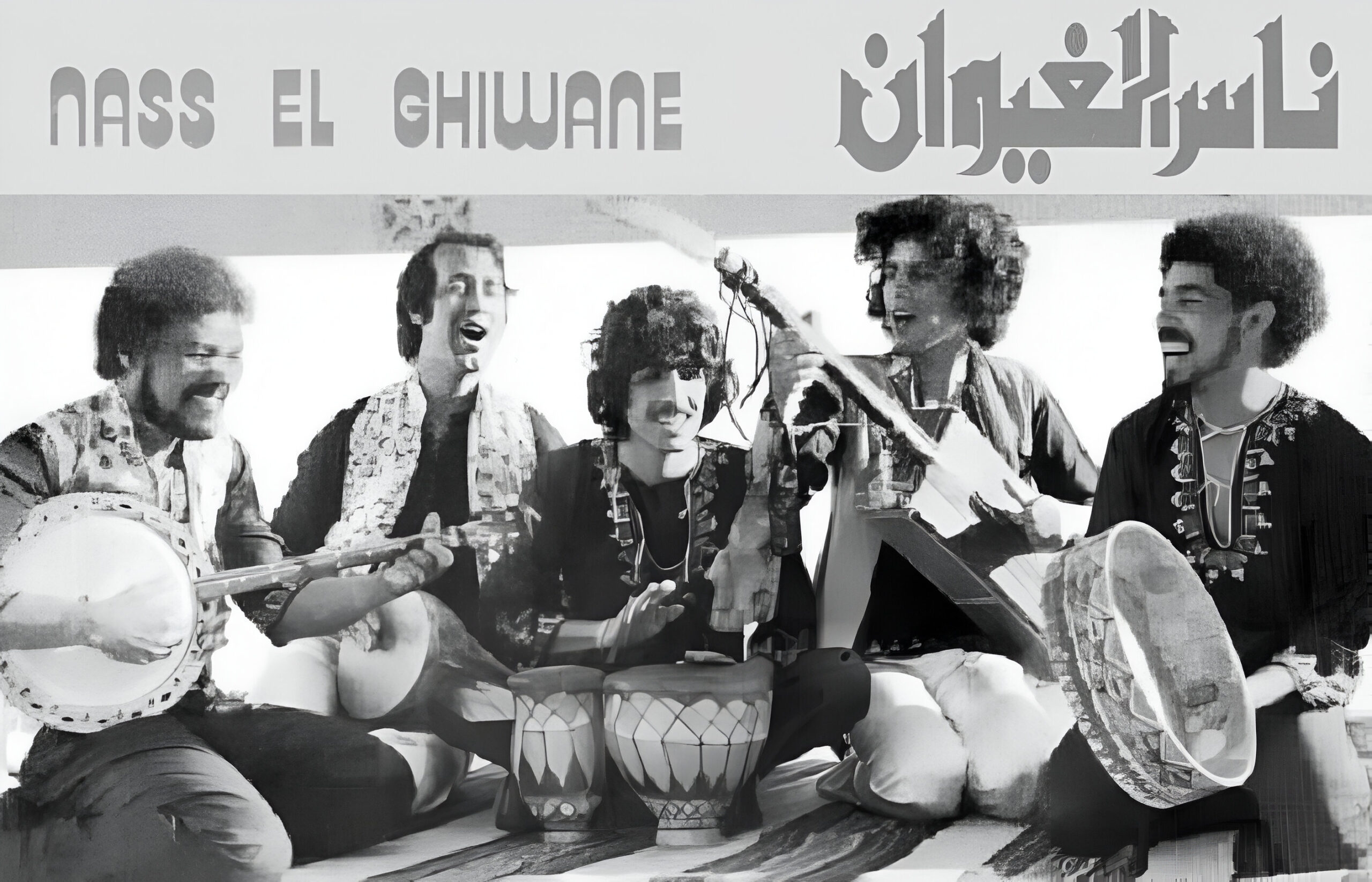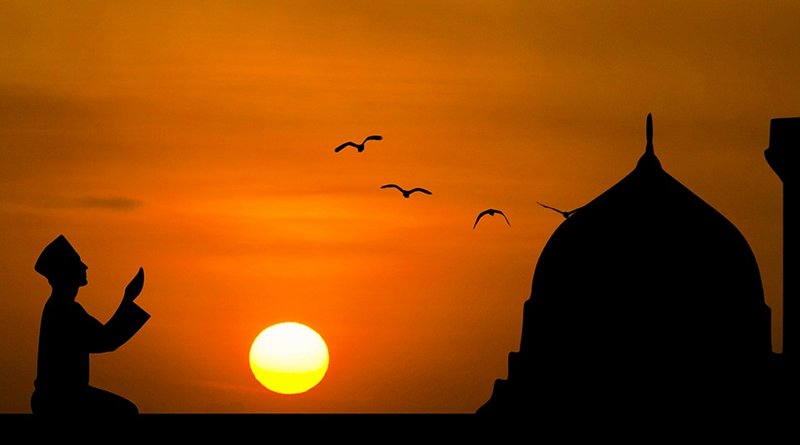Articles
Solidarity and sharing in the Arab-Islamic world
Article author: Dr. Mohamed Chtatou
Date of publication of the article: 26/03/2024
Year of publication: 2024
Article theme: Islam.
The Big Contradiction
Amongst the topics that come up often in debates, newspapers, news, talk shows, international meetings, as well as, in literary and worldly conferences, one finds the following: democracy, intercultural dialogue, interfaith dialogue, dialogue of cultures, tolerance, coexistence, acceptance of the other in his difference, cultural diversity, equality, equity, etc. The recurrence of these topics bluntly shows that the third millennium, so often described by experts as the era of intercultural communication is, par excellence, ultimately, not what it is supposed to be.
It is, even, worse when each individual seems to bear against the “other” dangerous stereotypes and misconceptions and surrounds himself with walls and shields, supposedly to defend his environment from a potential unknown cultural danger, and does in, no way, consider building bridges and passageways, instead, to achieve much-needed contact and togetherness.
It is a high time the natural and superficial cultural barriers were destroyed for good, and open and honest dialogues amongst the different groups of society are established.
Therefore, today, although science has pushed further the frontiers of ignorance and our world has become, as predicted by the famous Canadian visionary Marshall McLuhan, a “global village”, one asks, with insistence, is the world really a true village, with everything that is attractive about such a human gathering: solidarity, warmth, harmony, friendship and love, or mostly a “jungle” where only the fit, strong and fierce survive?
Nevertheless, it is a high time the natural and superficial cultural barriers were destroyed for good, and open and honest dialogues amongst the different groups of society are established. This noble objective cannot be realized fully other than by the adoption of the philosophy of sharing and caring, so dear to Saint Martin of Tours, this great man who re-invented, many centuries ago and more precisely on 337 AD, “solidarity amongst men.”
Sharing Amongst Traditional Society
One of the harmful consequences of this fast-growing and invading globalization, is the inevitable destruction of structural norms of traditional society. In effect, the economic constraints of globalization in the world today, push towards the extinction of the extended traditional family.
It is true that with science’s constant progress, human society automatically and simultaneously follows its movement and tries to, somehow, adapt to the new reality and new ways of life. Globalization brings humanity closer and creates new wealth, though this wealth is not equally distributed amongst the different layers of society and its different groups. The gap in wealth, knowledge and tradition, between a developed and rich north and a bruised and poor south, is getting bigger and bigger and becoming an unfathomable chasm.

Formerly, the south subsisted thanks to its traditional social structures, and with the disappearance of these structures, this part of the world is today very vulnerable and in many places, it wallows, unwillingly, in violence, crime, corruption and hate. This leads one, however, to ask the following question: what is the secret of the success of the traditional social structures?
One of the prominent aspects of the extended family is, without doubt, the philosophy of sharing, known as twiza among the Amazigh/Berber people of North Africa. A social concept based on values such as:
- Sharing of wealth in a fair way.
- Sharing responsibility and obligations.
- Active solidarity.
- Mutual help and protection.
- Safeguarding of the vital interests of the community.
- Protection of collective identity.
These societies were governed by a strong sense of community; the individual existed as an individual as long as he belonged to a community and vowed to protect it from external dangers, whatever their nature might be.

But, for the philosophy of sharing to be able to manifest itself fully in a traditional society, without any obstacles or hurdles, society is called upon to definitely reject individualism equated with selfishness and encourage active collectivism. In such an environment, the individual, in reality, is a small particle of a given community, not having any cultural existence of his own.
Traditional societies were in their collectivism, friendly to nature and to the environment and fully ecology-minded because there was no excess on utilization of land or its products.
That which the individual would lose in identity, he would, definitely, win through sharing, solidarity and protection. In these communities, wealth would be shared in a fair way: all members of the clan would have enough food to eat, would have a ceiling to sleep under and would have clothes to dress decently. There are no big differences of wealth, or opportunities between the different members of the society or any feeling of insecurity or any resentment towards the other.
It is true that traditional societies were less developed than modern ones, less sophisticated, but they had this great quality of being human, in their own sense of the term, as they believe and practice sharing and solidarity by conviction and love and not by interest or fear. Most importantly, however, traditional societies were in their collectivism, friendly to nature and to the environment and fully ecology-minded because there was no excess on utilization of land or its products: consumption was strictly regulated and there was no unnecessary waste of any kind.
This type of society, mostly outdated today, on the view of the development of humanity and of the occurrence of modernity, contains many positive teachings, which one can use to construct a fair modern social structure without insecurity and reaching out towards all people, without misconceptions or any form of stigmatization and towards development and modernity, in an earth-friendly responsible fashion.
Solidarity In Islam
 In Islam, the philosophy of sharing is inscribed in gold in the Qur’an. As a matter of fact, there is a wide range of concepts that highlight solidarity and goodness to the other: the notions of ummah, zakat, kafalat al-muhtaj (sponsoring of the needy) and kafalat al-yatim (sponsoring of the orphan). The Ummah “The Nation Of Believers” is a notion where all Muslims are all equal in front of God in spite of their ethnic, linguistic, material or geographical differences; the thing that distinguishes one from the other is their degree of piousness or piety.
In Islam, the philosophy of sharing is inscribed in gold in the Qur’an. As a matter of fact, there is a wide range of concepts that highlight solidarity and goodness to the other: the notions of ummah, zakat, kafalat al-muhtaj (sponsoring of the needy) and kafalat al-yatim (sponsoring of the orphan). The Ummah “The Nation Of Believers” is a notion where all Muslims are all equal in front of God in spite of their ethnic, linguistic, material or geographical differences; the thing that distinguishes one from the other is their degree of piousness or piety.
This effective solidarity amongst Muslims from different regions and cultures finds its ultimate expression during the season of Hajj (Pilgrimage to the Mecca,) when three million believers, from all over the world, find themselves in a cramped space in Mecca or Medina in Saudi Arabia, to accomplish the rites of pilgrimage. This rite is based on active solidarity and generous sharing.
Zakat: is a religious annual tax given by the believer to bayt-al-mal (state treasury,) and the funds serve to combat poverty and exclusion from society. Unlike modern taxes, religious taxes are voluntary and in case of non-payment, the law does not repress it.
Kafalat al-muhtaj / kafalat al-yatim: is the immediate support given to the needy and orphans by the Islamic State thanks to the zakat funds. The needy are looked after in dar al –mouhtaj (house of the needy), which are financed by the funds from bayt al-mal or the religious legacies known as the habus or waqf. The believers make religious legacies or habus in cash or goods, with the finality of helping the state help the poor, the needy, the orphan and the handicapped.
It should be pointed out that these religious practices are of great value for the believers and, for centuries, have become a sort of citizen obligation. Besides, the believer that makes the donations towards the state, with the purpose of sharing, is called in Arabic mohsin “benefactor” this same word has passed to French under the form of “mécène” and this is an additional proof of the centrality of giving and sharing in the Islamic faith.
States In Crisis
At the beginning of the last century appeared in the Arab world a philosophy that preached the nahda “renaissance” and modernity, after independence from European colonialism.
The post-independence state failing, willingly or unwillingly, to anticipate a system of solidarity, welfare and sharing pushed the lower classes to total marginalization, therefore, making them easily recapturable by the radical anti-establishment movements.
With the access of these countries to independence, the regimes that came with it were mostly logical structures of European inspiration, therefore, the ultimate desertion of the caliphate, Islamic State mode of government. Unlike Europe, these post-independence political structures and entities were not democratic but rather totalitarian, either of military or oligarchic nature. This system of government favors the emergence of leading classes and elites that increase their wealth at the expense of the state by rentier or illegal means. This state of matters and condition led to a great division in the Arab societies, not to say a gap between the elites that have amassed riches thanks to the system of rent and the hard-working class, and the poor who were further impoverished, with time. The post-independence state failing, willingly or unwillingly, to anticipate a system of solidarity, welfare and sharing pushed the lower classes to total marginalization, therefore, making them easily recapturable by the radical anti-establishment movements, be they leftist or Islamist.
 In 1972, appeared in Morocco a music band named “Nass El Ghiwane” which did deal, successfully, in melody, with the daily concerns and problems of the rank and file. This band sung themes about exclusion and poverty about repression and lack of social justice as well as about much-wanted democracy, making use of traditional instruments long-forgotten. The songs of this band found audience amongst the anti-establishment intellectuals and the less-favored societies everywhere within the Arab world.
In 1972, appeared in Morocco a music band named “Nass El Ghiwane” which did deal, successfully, in melody, with the daily concerns and problems of the rank and file. This band sung themes about exclusion and poverty about repression and lack of social justice as well as about much-wanted democracy, making use of traditional instruments long-forgotten. The songs of this band found audience amongst the anti-establishment intellectuals and the less-favored societies everywhere within the Arab world.
The exemplary success of this type of music from the hinterland, at both the national and international levels, is due mainly to the relevant themes of sharing and solidarity, as well as, inclusion and freedom openly addressed by the grass root artists, for the first time, in such a direct and daring fashion.
37 years later, the band “Nass El Ghiwane” is still anti-establishment and still carries the solidarity flag with pride. But, they, also, sing about the persistent ailments and splitting headaches of modern Arab society, with much eloquence and fervor, and without any detour or circumvolution:
O all merciful God
Why has our summer become winter?
And spring fall?
Why are the officials
Liars and oppressors?
And why are the judges unfair?
And why are our leaders
Oppressive and violent?
Following the advent of the Iranian revolution of Khomeini at the end of the 70’s of the last century, Islamic groups appeared like mushrooms in all the Arab countries, yearning for freedom and hungry for political power. It was the beginning of political Islam that preached openly the re-islamisation of society and the return to Islamic sources, getting rid of any form of modernity and democracy, seeing as the West’s ploy to control the Muslim world by indirect means and ways.
Islamic groups owe their evident success not to their religious orthodoxy, but, rather, to their decided and voluntary actions of solidarity and sharing by assisting the less-favored people, forgotten by their corrupt and oppressing governments, like in the case of the Ikhwan ‘Muslim Brotherhood) in Egypt. The Ikhwan, indeed, supplanted the government in the area of social welfare with the poor and led to their democratic victory in elections, after the advent of the Arab Spring. Thus, without firing a shot, Islamists won support from the less-favored in many Arab countries where the percentages of poverty vary from 60% and 70% of the total population.
In this indirect way, the project of the Islamist society won the hearts of the people and, at the same time, their electoral votes. While secular or other political parties suffer from credibility problem because of their lack of transparency, advocacy and political voluntarism in addition to their cooptation by the regimes in place.
Era Of Sharing, Philanthropy And Solidarity Is Here Now More Than Ever
The world of today is a much better place though it is not fully egalitarian but solidary, responsibility and generosity are running high within society. It is, however, the duty of the citizen to voluntarily show his sense of solidarity and sharing. To achieve this, everybody is called upon to reinvent the historical gesture of Saint Martin of Tours and to, solemnly, universalize it and go, even, further to call world politicians to include such an act of human generosity in the constitutions of the member countries of the United Nations, as was the case, in the past, with human rights.
To keep the planet sane, there is an urgent need to show care for its inhabitants in an unselfish way. Would man rise up to such a lofty challenge? That is a question that only time can answer.
Consult the complete article and the references here.


